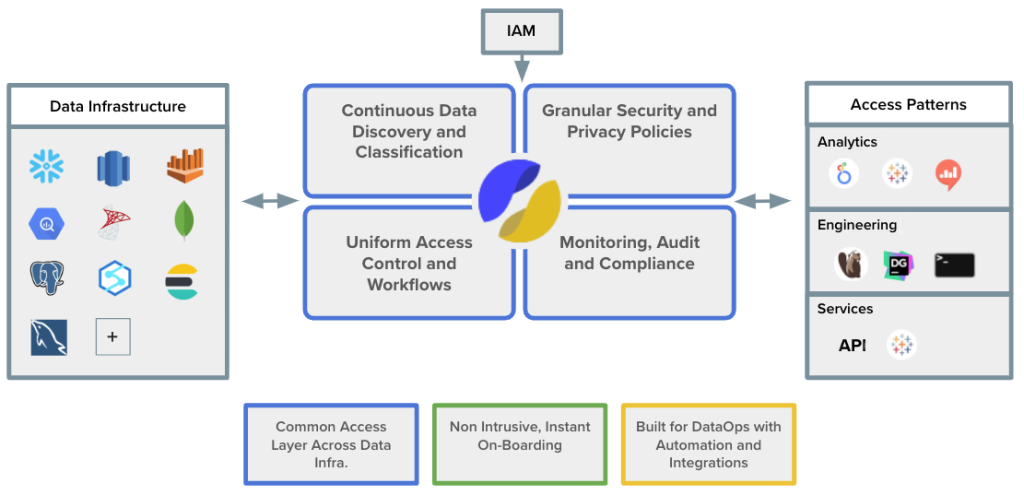
Are you overwhelmed with data? Do you feel like you’re drowning in a sea of information? Fear not, dear reader, because DataOps is here to save the day! But what exactly is DataOps, you ask? Well, it’s a fancy term for a set of practices and tools that help organizations manage and deploy their data more efficiently. And in this blog post, we’re going to dive into the world of DataOps use cases.
The Basics of DataOps
Before we get into the nitty-gritty of DataOps use cases, let’s take a quick look at what DataOps actually is. At its core, DataOps is all about streamlining the data lifecycle, from ingestion to deployment. It’s sort of like DevOps, but for data. The goal is to make data more accessible, more reliable, and more secure.
Use Case #1: Data Integration
One of the most common use cases for DataOps is data integration. This refers to the process of combining data from multiple sources into a single, unified view. For example, let’s say you have customer data in one database, sales data in another database, and marketing data in yet another database. With DataOps, you can easily integrate all of that data into a single, unified view, making it easier to analyze and draw insights from.
Use Case #2: Data Quality Assurance
Another important use case for DataOps is data quality assurance. This refers to the process of ensuring that your data is accurate, consistent, and up-to-date. With DataOps tools and practices, you can automate the process of data quality assurance, reducing the risk of errors and improving the overall reliability of your data.
Use Case #3: Data Governance
Data governance is all about managing and protecting your data. It involves establishing policies, procedures, and guidelines for how data should be collected, stored, and used. With DataOps, you can implement automated data governance practices, ensuring that your data is always secure and compliant with regulations.
Use Case #4: Data Analytics
Finally, DataOps can be used to improve the process of data analytics. By streamlining the data lifecycle and improving data quality, DataOps makes it easier to draw insights from your data. With DataOps, you can automate the process of data analytics, reducing the time and effort required to analyze your data.

Wrapping Up
And there you have it, folks – a quick overview of some of the most common DataOps use cases. Whether you’re looking to integrate your data, improve data quality, establish data governance policies, or streamline your data analytics process, DataOps has got you covered. So what are you waiting for? Dive into the world of DataOps and start unlocking the full potential of your data!